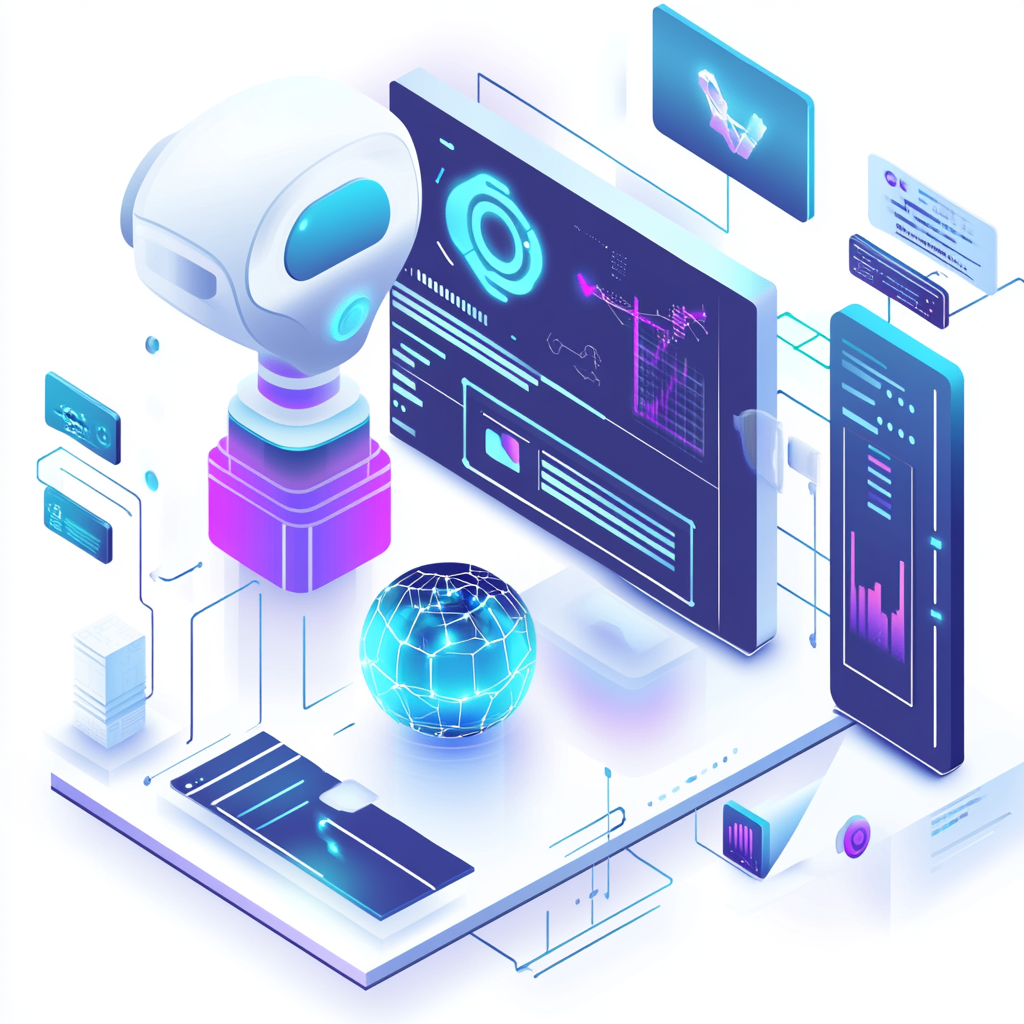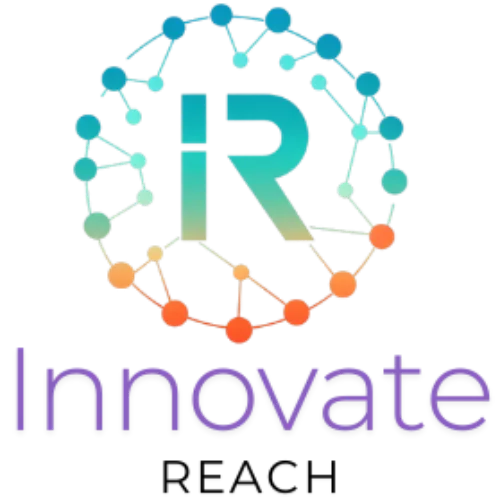Exciting times ahead in the world of business automation!

The Future of AI in Business Automation
Artificial Intelligence (AI) is no longer a futuristic concept—it is rapidly transforming the way businesses operate today. From streamlining workflows to enhancing customer experiences, AI-driven automation is revolutionizing industries across the globe. As AI technology continues to advance, businesses must embrace automation to stay competitive in an increasingly digital world.
In this article, we explore how AI is shaping the future of business automation, its benefits, challenges, and what to expect in the years ahead.
1. AI-Driven Business Automation: What It Means
Business automation powered by AI involves using machine learning, natural language processing (NLP), and robotic process automation (RPA) to optimize and execute repetitive tasks. This allows businesses to reduce manual labor, minimize errors, and increase efficiency while focusing on more strategic goals.
From chatbots and virtual assistants to intelligent data processing and predictive analytics, AI is becoming an essential tool for businesses looking to enhance productivity and scale operations seamlessly.
2. Key Areas AI is Transforming Business Automation
a. AI-Powered Customer Support & Chatbots
AI chatbots are revolutionizing customer interactions by providing instant, round-the-clock assistance. Unlike traditional customer service models, AI-driven chatbots can handle thousands of customer inquiries simultaneously, offering personalized, efficient, and accurate responses.
✅ Example: RealtorAI, an AI chatbot for real estate agents, can answer property-related inquiries, schedule viewings, and provide automated follow-ups without human intervention.
b. Intelligent Process Automation (IPA)
Intelligent Process Automation (IPA) combines AI, RPA, and analytics to automate complex business processes. This includes invoice processing, document management, HR workflows, and compliance monitoring.
✅ Example: AI-powered accounting software can automatically categorize transactions, detect fraudulent activities, and generate reports without manual data entry.
c. AI in Sales & Marketing Automation
AI is reshaping sales and marketing by enabling predictive analytics, automated email campaigns, lead scoring, and personalized customer experiences. AI-powered tools can analyze vast amounts of data to predict consumer behavior, optimize ad targeting, and recommend the best marketing strategies.
✅ Example: AI-driven email marketing tools like WaveSendAI use machine learning to optimize subject lines, sending times, and messaging to maximize engagement and conversions.
d. AI-Powered Supply Chain & Logistics
AI is making supply chains smarter, faster, and more efficient by leveraging real-time data analysis, predictive maintenance, and route optimization. Companies can forecast demand, reduce waste, and automate inventory management using AI-powered systems.
✅ Example: AI in logistics helps businesses reduce shipping costs by automating warehouse operations and optimizing delivery routes based on real-time traffic conditions.
3. Benefits of AI in Business Automation
🔹 Cost Savings – AI reduces labor costs by automating repetitive tasks.
🔹 Increased Efficiency – AI speeds up operations and eliminates human error.
🔹 Scalability – AI-driven automation allows businesses to scale effortlessly.
🔹 Enhanced Decision-Making – AI analytics provide deep insights for data-driven decisions.
🔹 Better Customer Experience – AI chatbots and virtual assistants improve response times and personalization.
Businesses that integrate AI into their automation strategies can gain a competitive edge, reduce overhead costs, and create a more efficient operational structure.
4. Challenges & Considerations in AI Adoption
Despite its advantages, AI adoption comes with challenges that businesses must address:
⚠ Implementation Costs – AI solutions require an initial investment in technology and training.
⚠ Data Security & Privacy – AI relies on data, making cybersecurity a critical concern.
⚠ Job Displacement – Automation could lead to job losses in certain industries.
⚠ AI Bias & Ethical Concerns – AI algorithms can be biased if not properly trained on diverse datasets.
To successfully integrate AI, businesses must develop ethical AI strategies, invest in workforce upskilling, and ensure data protection compliance.
5. The Future of AI in Business Automation
As AI continues to evolve, businesses can expect:
🚀 Hyper-Personalization – AI will refine customer experiences by predicting needs in real time.
🚀 Autonomous AI Systems – Self-learning AI systems will handle complex tasks with minimal supervision.
🚀 AI-Powered Decision Intelligence – Businesses will rely on AI-driven insights for strategic decision-making.
🚀 No-Code AI Automation – AI tools will allow businesses to automate processes without coding expertise.
Businesses that adopt AI-powered automation now will be in a strong position to lead their industries in the coming decade.
Final Thoughts
AI in business automation is no longer optional—it’s a necessity for efficiency, scalability, and innovation. Companies that leverage AI-powered tools and automation strategies today will position themselves for long-term success.
💡 Are you ready to automate your business with AI? Contact InnovateReach to explore AI automation solutions tailored to your business needs.
